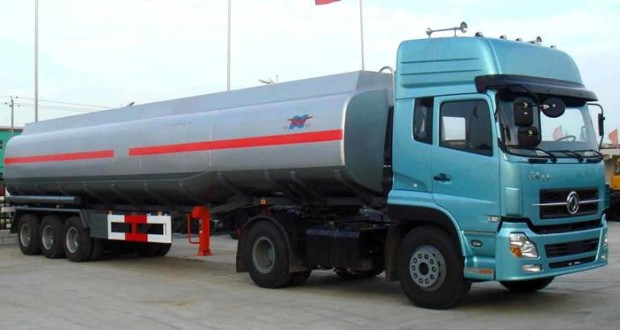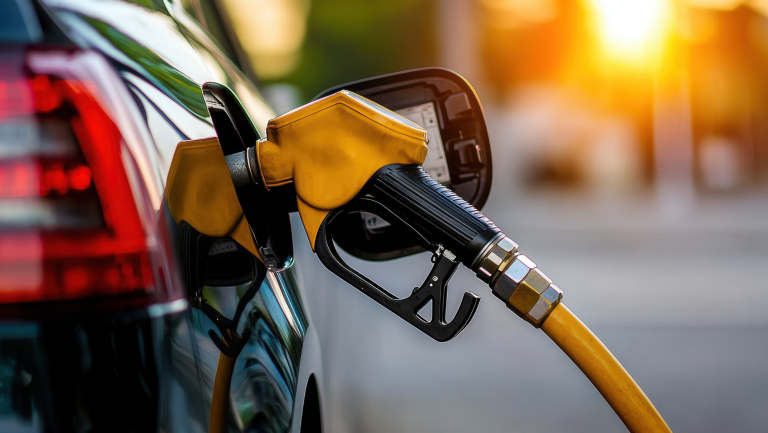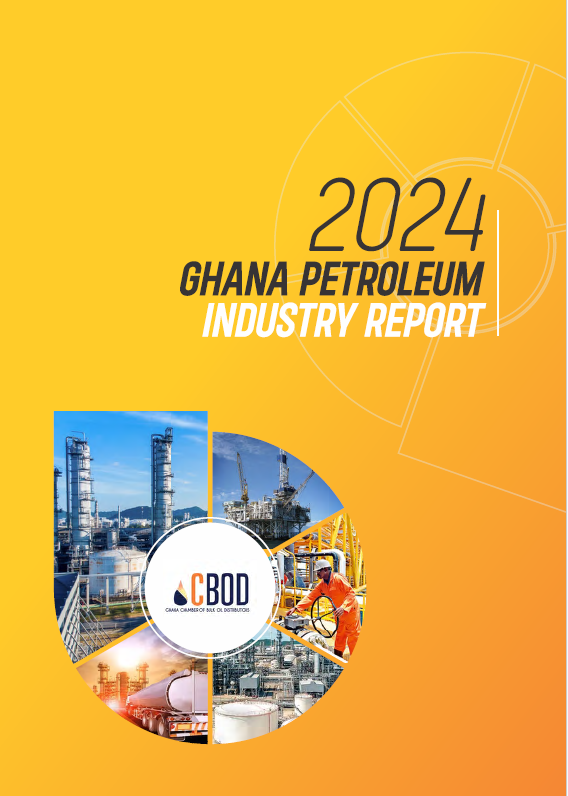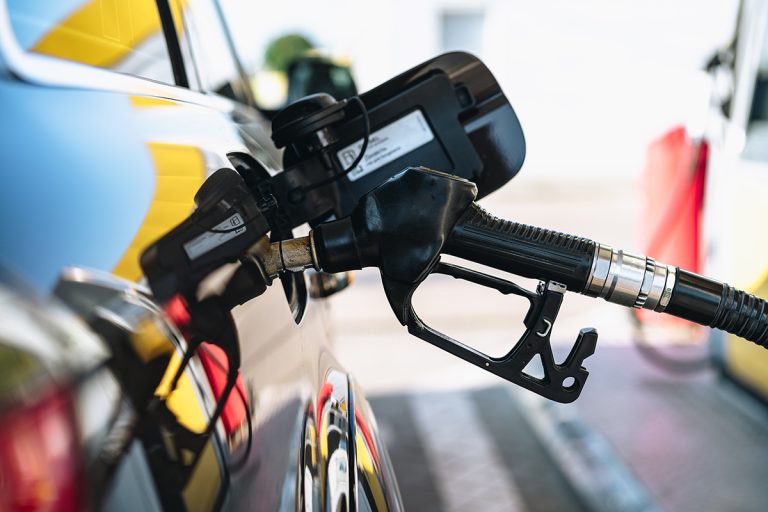Seven out of the 10 key banks which finance oil transactions have pulled out from the pre-financing arrangement they have with the bulk oil distribution companies (BDCs), a situation likely to worsen the challenges confronting the petroleum industry.
Their pullout is as a result of the government’s huge indebtedness to the BDCs.
The BDCs are usually pre-financed by the banks to purchase petroleum products for onward distribution to the market.
The pullout could lead to the worst form of shortage of petroleum products in the coming weeks because funding for the supply of the products would dip further.
Long queues were recorded in almost all fuel dumps across the country in the last week of June and the first week of July 2014 as a result of the refusal of international suppliers to release fuel products onto the market.
The government currently owes the BDCs more than GH¢1.3 billion, being subsidies on petroleum products.
Meanwhile, the BDCs owe the banks the same amount the government owes the BDCs.
One of the financiers of the BDCs who disclosed the gloomy situation to the Daily Graphic in an interview in Accra yesterday indicated that “the pre-financing of the BDCs, which is in excess of GH¢1.3 billion, is affecting the liquidity of the 10 key banks financing oil transactions in Ghana”.
“The situation has got to the point where these banks cannot continue financing oil transactions. As a matter of fact, seven of them have pulled out,” the source said.
According to the source, who is also an investment banker, “unless the government takes steps to immediately clear all outstanding subsidies which will reinstate the integrity and confidence of the downstream oil and gas value chain, the problem will persist, with its concomitant impact on other economic activities”.
It noted that the settlement of all debts would also rekindle interest in the banking sector, a development which it said was very important, because a lack of interest and faith in the banking industry could have a serious consequence on the economy.
It expressed surprise at the failure or the inability of the affected banks to hold talks with the government and its agencies in a bid to seek a final resolution to the issue.
Do away with subsidies
Describing subsidies on petroleum products as not being feasible, the source said, “In a layman’s parlance, subsidy is akin to a gift from the government to its citizens. You can only give something when you have it.”
The economic fundamentals of the country, it said, were fraught with a budget deficit in excess of a single digit, raging inflation, a public sector wage bill in excess of 70 per cent of government revenue and “virtually non-existent donor support”.
According to the source, the massive pressure on the government to deliver on its promises was enough for it to boldly do away with subsidies until a time when it would be in a position to fund them.
“As a professional and patriotic citizen of this country, I believe we cannot continue on this path of subsidies,” the source said.
Fuel is a strategic commodity
Describing fuel as a strategic commodity, it said it was important for the government to ensure its uninterrupted supply at all times.
“I believe citizens of this country would prefer paying realistic prices for fuel and even other products to queuing and waiting endlessly to get a gallon of fuel, sometimes at three times the normal price,” the source intimated, and stressed the need for the government to reconsider its position on subsidies.
Recommendations
While suggesting a number of recommendations for the government to adopt in order to reduce pressure on the banks, the BDCs and the consumer, the source urged the government to subsidise only if it could pay for that support upfront.
It said the government should also ensure that it consistently made foreign exchange available to the banks to raise letters of credit on behalf of the BDCs.
“The government’s support should be directed at building a more robust regulatory framework to weed out recalcitrant players in the downstream oil and gas sector to rebuild the sanctity, integrity and confidence in the sector,” it said.
Meanwhile, some managers of fuel stations in Accra have denied reports of artificial shortage of petrol and diesel in the system, writes Musah Yahaya Jafaru, ACCRA.
They told the Daily Graphic yesterday that they had enough supply of petrol and diesel.
The usual long queues of vehicles at filling stations anytime there is shortage of fuel were absent at the filling stations visited by the Daily Graphic.
At the Total Filling Station at Adabraka, only a few motorists were seen buying either petrol or diesel.
Only four vehicles were at the station at the time the Daily Graphic was leaving the station at 4:25 p.m.
The manager of the filling station, who declined to give out his name, said, “The situation here is normal; there is no artifical shortage. We have enough petrol, diesel and kerosene. People are buying normal. There is no queue.”
The situation was not different at the Goil Filing Station at the Kwame Nkrumah Circle, as only a few vehicles were seen buying fuel.
The fuel attendant, who also pleaded anonymity, said, “We do not have any problem here. We have petrol and diesel.”
He said the station had just received additional supply of petrol and pointed to a parked fuel tanker as the one which had just discharged fuel to the station.
When the Daily Graphic team visited the Total Filling Station, also at the Kwame Nkrumah Circle, there was not a single vehicle at the station.
But when the team was moving out of the station at 4:40 p.m., one motorbike came to the station to fill its tank.
In a related development, the Chamber of Bulk Oil Distributors (CBOD) says it has no hand in ongoing speculations over the imminent shortage of petroleum products in the ensuing weeks, reports Russel Ocloo, ACCRA.
According to the chamber, the projections being made of imminent shortage did not emanate from the CBOD and should, therefore, be disregarded by the public.
There are reports of imminent shortage of petroleum products, prompting many people to engage in panic buying.
The chamber’s Chief Executive Officer, Mr Senyo Hosi, told the Daily Graphic in Accra that while they patiently awaited the conduct of an audit of subsidy claims ordered by the government, the supply of products would continue.
“The financial audit being carried out by Ernst and Young is in the final stages of completion and we are waiting patiently for the process to be completed so that the government can settle its indebtedness to us,” he said.
Surprise
For his part, the Energy and Petroleum Minister, Mr Emmanuel Armah-Kofi Buah, has expressed surprise at the reports of the imminent shortage of fuel and described them as ridiculous.
“Why do people want to create panic among the public as a means of creating disaffection? Suggestions that the government connived with the BDCs to create artificial shortage in anticipation of increment in prices were untrue and are in bad taste,” he said.
“I can assure the people that the recent cut in supply that led to the severe shortage experienced is something that will never happen again. We have learnt from our mistakes and are working towards ensuring that all outstanding issues with the BDCs are addressed,” Mr Buah stressed.
He said the ministry was engaging the Finance Ministry to chart a way forward to avert a future recurrence.
–
By: graphic.com.gh





